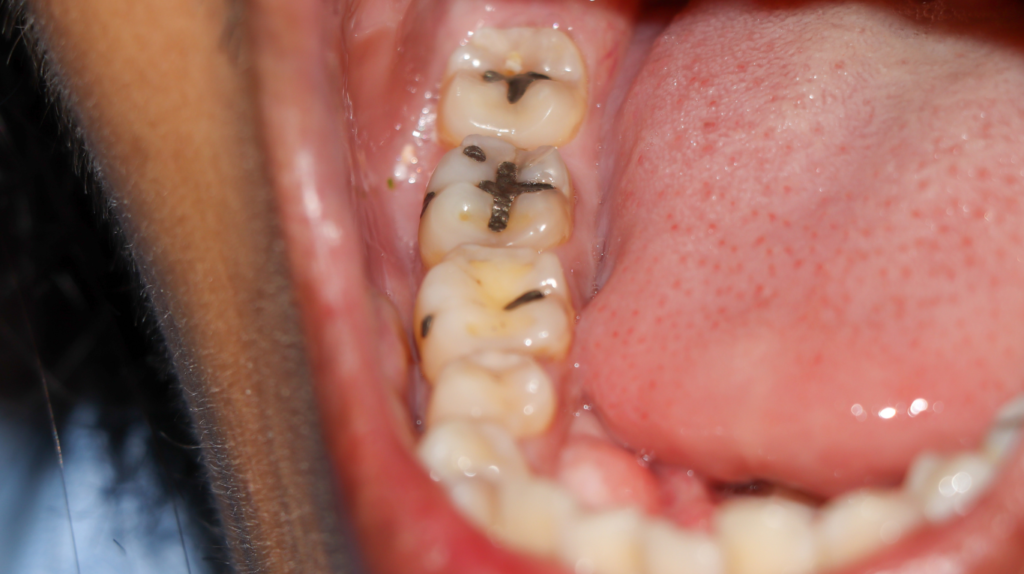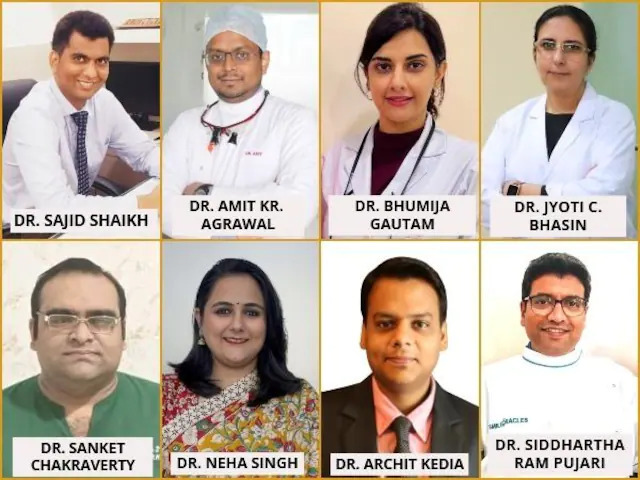Conscious Sedation Dentistry with Laughing Gas for Adults and Children

New Delhi [India], September 22 (ANI/PNN): Is visiting your dentist one of your worst fears? Does your upcoming dental appointment leave you in a state of panic and fear? Do you correlate dental clinics with pain and trauma?
Dental fear and anxiety are common problems in patients thereby resulting in avoidance of treatment and worsening of the dental problem. Sometimes even the bravest adults get scared of dental procedures.
Getting Down to the Root of Anxiety during Dental Procedures
The German Society of Oral and Maxillofacial Medicine estimates that about 61% of the population fears dental visits and over 20 per cent are considered to be highly apprehensive about these visits and around 10 per cent avoid them completely due to severe anxiety.
Nitrous Oxide and Conscious Sedation
Inhalation sedation using Nitrous Oxide (commonly known as “Laughing Gas”) and oxygen is suitable for all age groups. The patient’s fear will be reduced remarkably and they will be absolutely relaxed during the treatment. It is safe because the patient remains awake, responsive, and breathing on his/her own. The relaxed treatment atmosphere will improve the efficiency of the treatment, giving patients quality treatment.
In fact, Nitrous Oxide has been used successfully for over 160 years in the field of dentistry. The mixture of Nitrous Oxide and Oxygen is the safest, most researched, and oldest sedative method. It is safe, non-toxic, and leaves no trace in the body after the treatment.
Sedation should be considered as part of the management of pain and dental anxiety to make the treatment a pleasant learning experience.
Your sedation dentist may recommend sedation dentistry for long or multiple procedures, for children and adults with a high fear of dental care, those who have special needs or children who find it difficult to sit still.
The Key Advantages of Adopting Conscious Sedation:
- SAFE PAIN CONTROL
- PATIENT-DOCTOR COMMUNICATION IS MAINTAINED
- MINIMAL PREPARATION IS NEEDED
- FAST ACTION
- ADJUSTABLE SEDATION LEVEL
- FLEXIBLE DURATION
- QUICK RECOVERY
- NO ESCORT IS NEEDED
- SUITABLE FOR CHILDREN & ADULTS
- LOWER COST OF SEDATION DENTISTRY
Oxygen Fail Safety System
Should an oxygen supply failure occur during a procedure, the Nitrous Oxide supply will be immediately interrupted between surgery. It goes without saying that administering Nitrous oxide without an oxygen supply is impossible.
A patient will never overdose on nitrous oxide. Conscious sedation machines are equipped with a maximum limit of Nitrous Oxide emission, which is 70 per cent. As a result, the patient will be supplied at least 30 per cent oxygen (room air 20.5 per cent oxygen).
Conscious Sedation in Children When it is Recommended
“A baby is something you carry inside you for nine months, in your arms for three years and in your heart until the day you die. So, we know how precious your little one is to you” says Pediatric Dentist, Dr Warisha Sajid.
Tackling misconceptions
Pediatric procedures should be done with an emphasis on prevention.
Prior to their child’s first birthday, parents should take them to the pediatric dentist. While waiting till the child is 3 to 4 years old is not advised for parents. A pediatric dentist is trained to help young patients and care for their teeth at an early age.
Maintaining Happy Smiles
Dr Sajid Shaikh’s biggest advice to parents is to ensure their kids brush their teeth at least twice a day with a soft-bristled toothbrush and fluoride toothpaste, remembering to brush the top surface of their tongue. Flossing at least once a day is also crucial, accompanied by mouthwash to kill decay-causing bacteria lingering between teeth.
Using fluoride toothpaste is recommended at age 1 and mouthwash after age 4 — it’s one of the greatest things invented in dentistry. Parents should emphasize the importance of a balanced diet, refraining from “extra-sugary treats” as much as possible.
Experience and Expertise Matter
Over the past few years, various sedation techniques using different anesthetic agents have gained considerable popularity in dentistry. A wide safety margin makes conscious sedation a viable technique for controlling dental phobia and anxiety while minimizing the need for general anesthesia. Inhalation sedation using nitrous oxide is the recommended method for conscious sedation in both adults and children.
Sometimes even cooperative children get scared of specific procedures like taking local anesthesia or the sound of an air-rotor etc. Here’s when Nitrous oxide can come to the rescue owing to its anxiolytic and analgesic properties in accomplishing dental procedures.
It is a safe and effective anesthetic administered to dental patients through a mask in an oxygen mixture. Laughing gas won’t put you to sleep like general anesthesia, and that’s the major difference between Nitrous Oxide and anesthesia. Instead, inhaling this mixture will make you feel a light-tingling sensation.
Sedation dentistry is recommended for long or multiple procedures, especially for children with a high fear of dental care, children or adults with special needs, or children who find it difficult to sit still. The use of sedation in medication is to make the frightened dental patient calm to make the procedure a pleasant learning experience.
Dr Sajid Shaikh (MDS) is a specialized dentist with multiple training in India and abroad whereas Dr Warisha Sajid (MDS) is a dedicated pediatric and preventive dentist. Both are consultants at Masina Hospital and lecturers at a dental college in Mumbai. Due to their thorough work, they are widely recognized in the media and newspapers.
This story has been provided by PNN. ANI will not be responsible in any way for the content in this article. (ANI/PNN)
RELATED ARTICLE LINKS
- 1. https://www.aninews.in/news/business/business/conscious-sedation-dentistry-with-laughing-gas-for-adults-and-children20220922202607/
- 2. https://theprint.in/ani-press-releases/8-best-dentists-share-advice-to-prevent-gum-disease-to-avoid-major-health-problems/1115037/
- 3. https://www.zee5.com/articles/8-best-dentists-share-advice-to-prevent-gum-disease-to-avoid-major-health-problems
- 4. https://m.dailyhunt.in/news/india/english/daily+prabhat-epaper-dlyprbte/conscious+sedation+dentistry+with+laughing+gas+for+adults+and+children-newsid-n425179596?ss=wsp&s=i&uu=0xb2af503d36c6d6e8
- 5. https://news.webindia123.com/news/articles/Business/20220922/3985907.html
- 6. https://jionews.com/home/article/5/1920768450/Conscious-Sedation-Dentistry-with-Laughing-Gas-for-Adults-and-Children
- 7. https://maharashtra24x7.com/business/conscious-sedation-dentistry-with-laughing-gas-for-adults-and-children/
- 8. https://holamumbai.com/business/conscious-sedation-dentistry-with-laughing-gas-for-adults-and-children/
Recent Posts
-
 Understanding Root Canal Therapy: Myths vs. Facts
Understanding Root Canal Therapy: Myths vs. Facts -
 Preventing Tooth Decay: Dos and Don'ts
Preventing Tooth Decay: Dos and Don'ts -
 The Importance of Regular Dental Check-ups
The Importance of Regular Dental Check-ups -
 Gum Disease: Understanding, Preventing, and Treating
Gum Disease: Understanding, Preventing, and Treating -
 Making Dental Visits a Cakewalk for Kids: Conscious Sedation (Laughing Gas) for Comfortable, Painless, and Safe Treatment
Making Dental Visits a Cakewalk for Kids: Conscious Sedation (Laughing Gas) for Comfortable, Painless, and Safe Treatment

